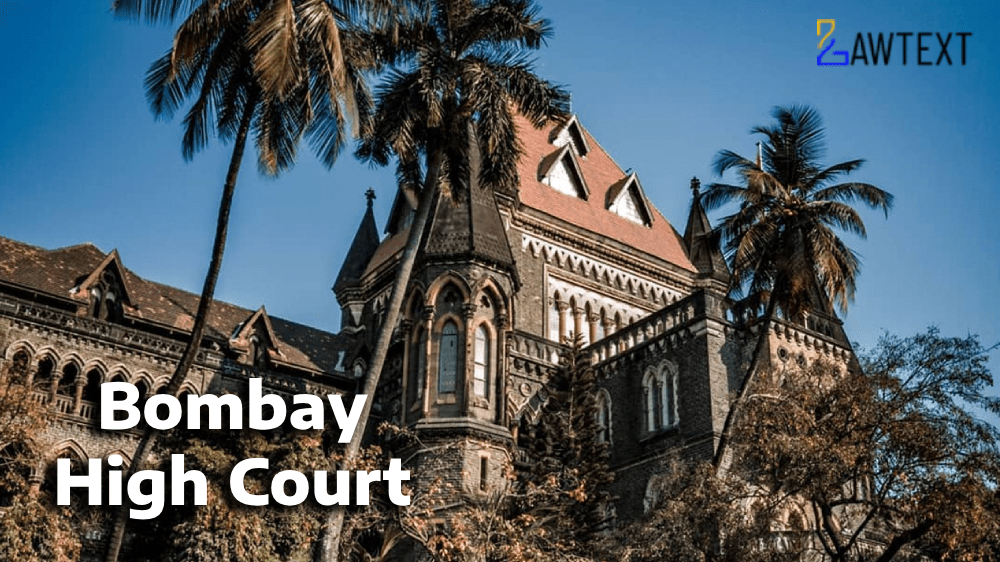

The Goa High Court has ruled that Comunidades, traditional village associations in Goa, do not qualify as "public authorities" under the Right to Information Act, 2005 (RTI Act). This decision stems from a series of petitions questioning whether the RTI Act applies to these historical bodies, which manage village lands and resources in Goa.
1. Case Background:
The case primarily involved Writ Petition No. 1177 of 2018, where a respondent requested information under the RTI Act from the Comunidade of Pilerne. The request was initially redirected, leading to a legal battle over whether Comunidades fall under the RTI Act's purview.
2. Petitioners' Arguments:
The Comunidades argued that they are not public authorities as defined by the RTI Act, citing various legal precedents, including the Thalappalam Service Cooperative Bank Limited vs. State of Kerala case.
3. Respondents' Arguments:
The respondent, supported by the Additional Government Advocate, argued that under Sections 5(4) and 5(5) of the RTI Act, the escrivao or clerk of the Comunidade is deemed a Public Information Officer (PIO) and must provide the requested information.
4. Historical Context of Comunidades:
The court explored the historical and legal status of Comunidades, which date back to the Portuguese colonial period, to determine their role and whether they fall under the administrative control of the state.
5. Legal Status and Tutelage:
The court analyzed the Code of Comunidades and previous legal decisions, concluding that these bodies do not operate under such deep and pervasive state control that would classify them as public authorities.
6. Court's Conclusion:
The court held that Comunidades are not public authorities within the meaning of Section 2(h) of the RTI Act. As a result, they are not obligated to designate Public Information Officers or provide information under the RTI Act.
7. Judgment:
The court allowed the petitions, quashing the orders passed by the First Appellate Authority and the State Information Commission, which had directed the Comunidades to provide information under the RTI Act.
Citation: 2024 LawText (BOM) (7) 267
Case Number: WRIT PETITION NO. 1004 OF 2017 AND WRIT PETITION NO. 1177 OF 2018 - WRIT PETITION NO. 1004 OF 2017 AND WRIT PETITION NO. 1177 OF 2018
Date of Decision: 2024-07-26
Case Title: The Communidade of Mapusa Versus The Public Information Officer Ors.
Before Judge: M. S. KARNIK & B. P. DESHPANDE, JJ.
Advocate(s): Mr. John A. Lobo, Advocate for the Petitioner in WP No. 1004 of 2017. Mr. S. Priolkar, Additional Government Advocate for the Respondent no.1 in WP No. 1004 of 2017 and for Respondent no.2 in WP No. 1177 of 2018. Mr. Y. V. Nadkarni, Advocate with Ms. Simran Khadilkar, Advocate for the Petitioner in WP No. 1177 of 2018.
Appellant: The Communidade of Mapusa
Respondent: The Public Information Officer Ors.